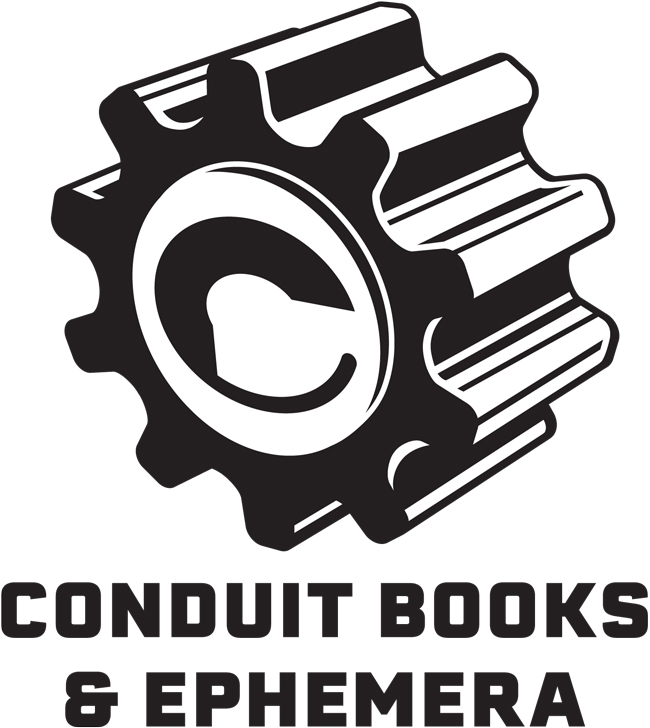Are you feeling bogged down by your pile of unfinished drafts? Don’t fret—you can prepare just one polished piece of writing and submit to any of five awards requesting a single poem, work of flash fiction, short story, novel, or essay by July 15. These contests all have a cash prize of $1,000 or more, three of them consider all entries for publication, and one offers a Reader’s Choice Award of $5,000 alongside its $15,000 first-place prize. Why not seize the opportunity to bring a project to completion and send it out into the world?
Cincinnati Review
Robert and Adele Schiff Awards
Three prizes of $1,000 each and publication in Cincinnati Review are given annually for a poem, a short story, and an essay. Rebecca Lindenberg will judge in poetry, Michael Griffith will judge in fiction, and Kristen Iversen will judge in nonfiction. All entries are considered for publication. Entry fee (includes a subscription to Cincinnati Review): $20.
Comstock Review
Muriel Craft Bailey Memorial Award
A prize of $1,000 and publication in Comstock Review is given annually for a single poem. Danusha Laméris will judge. All entries are considered for publication. Entry fee: $27.50 ($5 per poem via postal mail).
Ghost Story
Screw Turn Flash Fiction Competition
A prize of $1,000 and publication on the Ghost Story website and in the 21st Century Ghost Stories anthology is given twice yearly for a work of flash fiction with a supernatural or magical realist theme. The editors will judge. Entry fee: $15.
Rattle
Poetry Prize
A prize of $15,000 and publication in Rattle is given annually for a single poem. A Reader’s Choice Award of $5,000 is also given to one of 10 finalists. Work written exclusively in English or primarily in English, with portions in other languages, is eligible. All entries are considered for publication. Entry fee (includes a subscription to Rattle): $25.
Regal House Publishing
Petrichor Prize for Finely Crafted Fiction
A prize of $1,000 and publication by Regal House Publishing is given annually for a novel. Translations into English are eligible. The editors will judge. Entry fee: $25.
Visit the contest websites for complete guidelines, and check out the Grants & Awards database and Submission Calendar for more contests in poetry, fiction, creative nonfiction, and translation.






